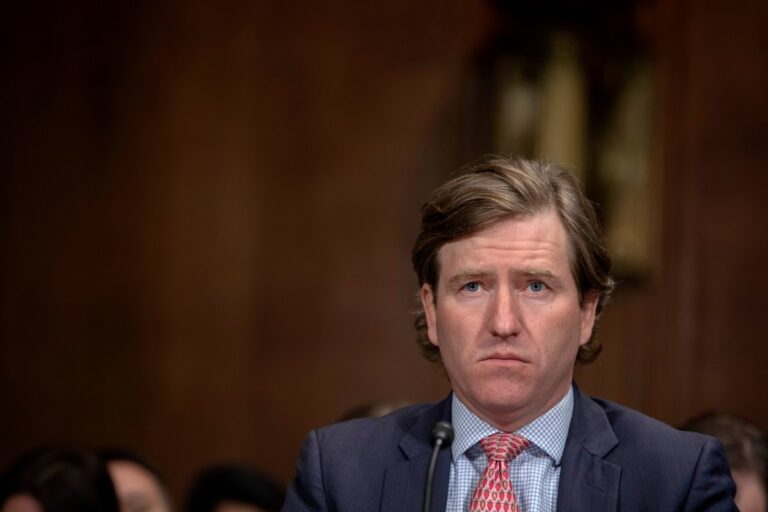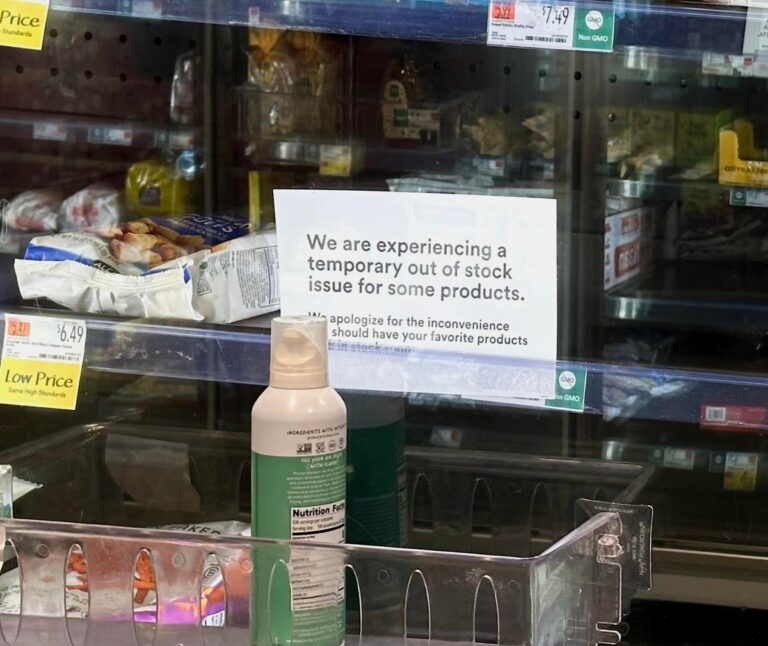
Similar Posts

GetReal’s $18M Breakthrough: Revolutionizing AI Deepfakes with an Impressive Clientele!
Deepfake technology’s rapid growth presents challenges for businesses and national security, leading to significant financial losses from scams. To address this, startup GetReal has raised $17.5 million in funding to enhance its deepfake detection solutions. Co-founded by expert Hany Farid, GetReal is launching a forensics platform that includes user-friendly tools, API integration, and a threat exposure dashboard. The funding, led by Forgepoint Capital, aims to combat the talent gap in cybersecurity forensics. GetReal plans to expand its focus to include text-based impersonations, responding to the urgent need for effective deepfake detection in various industries.

Stalkerware Apps Exposed: The Hidden Dangers You Must Avoid to Protect Your Privacy
The rise of stalkerware—software designed to secretly monitor individuals—poses serious privacy and safety concerns. With at least 25 stalkerware companies experiencing significant data breaches since 2017, the exposure of sensitive victim information has increased, exemplified by the recent SpyX breach affecting nearly two million users. Often marketed as tools for relationship security, these applications raise ethical and legal issues, particularly when used by jealous partners. Cybersecurity experts warn that the industry lacks adequate data protection, making it a “soft target.” Using stalkerware is illegal in many areas, and ethical alternatives like parental controls exist for monitoring children safely.

Chris Krebs, Ex-CISA Director, Stands Strong Against Trump-Ordered Federal Investigation
Chris Krebs, the former cybersecurity chief under Trump, plans to challenge a federal investigation initiated by Trump, which questions his integrity for allegedly denying the legitimacy of the 2020 election. Krebs will resign from cybersecurity firm SentinelOne to confront the investigation, which has led to the revocation of his security clearance. He voiced concerns about government overreach, stating it punishes dissent and affects corporate relationships. Krebs, dismissed in November 2020 after contradicting Trump’s election claims, is part of a broader movement opposing the Trump administration’s targeting of critics. The outcome of his legal battle could impact cybersecurity governance in the U.S.



